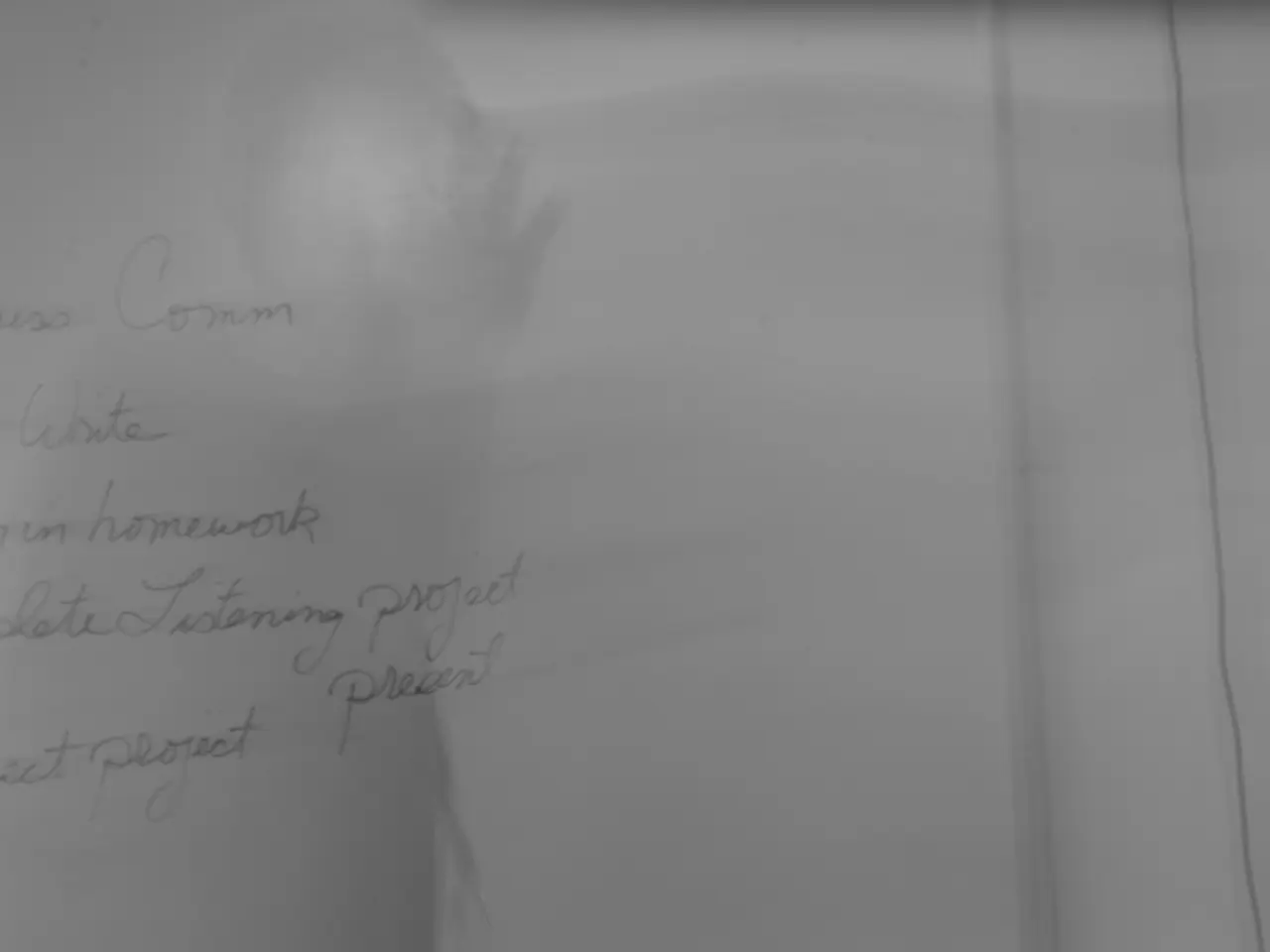The Deep-Seated Psychology Behind Our Actions of Discarding Items
In our daily lives, we often find ourselves discarding items that no longer serve a purpose or bring joy. This action is part of a broader process called decluttering, a practice that goes beyond creating a minimalist space and focuses on cultivating a mindset of simplicity and mindfulness.
The Psychology of Decluttering
Decluttering is more than just a physical activity; it has profound psychological implications. By removing unnecessary items from our environments, we can experience several benefits that improve our overall well-being and mental health.
Reduced Stress and Anxiety
Cluttered environments are associated with increased stress hormones like cortisol and adrenaline, leading to feelings of overwhelm and anxiety. Decluttering helps to reduce these stressors, creating a more relaxed and peaceful environment [4][5].
Improved Mental Clarity and Focus
A clutter-free space reduces visual distractions, which can enhance mental clarity and focus. This clarity supports better decision-making and improved productivity [1][3].
Enhanced Sense of Control
Organizing your space provides a tangible sense of accomplishment and control over your environment, counteracting feelings of helplessness and anxiety [1][4].
Boosted Mood and Emotional Well-being
Decluttering can improve mood by reducing negative emotions associated with clutter, such as irritability and frustration. It also supports higher positive emotions and improved psychological well-being [3][5].
Mindfulness and Non-Attachment
Decluttering aligns with mindfulness principles by promoting non-attachment to physical items, many of which may represent past experiences or future worries. Letting go of these items can lead to a clearer and more peaceful mind, focused on the present moment [2].
Improved Sleep and Cognitive Function
Reducing clutter can improve sleep quality and enhance cognitive function, as it reduces the visual and mental demands associated with cluttered environments [3][5].
Strategies for Decluttering
Implementing conscious strategies can help in the decluttering process. Here are some quick strategies:
- Set Clear Criteria: Decide on the items that are essential and those that no longer serve a purpose or bring joy.
- Take a Break Before Throwing Away: Reconnect emotionally with the item before making a decision to discard it.
- Set Decluttering Schedules: Dedicate specific times for decluttering to make it a regular habit.
- Break It Down: Break the decluttering process into manageable steps, starting with one area or category of items.
Understanding the emotional and cognitive triggers behind waste can help in implementing these strategies. Adopting a more intentional approach to purchases can help break free from the cycle of accumulation. Recognizing the influence of advertising and consumerism can lead to more mindful consumption.
Decluttering and simplification can lead to a more minimalist lifestyle, where we focus on what truly brings joy and live a more intentional and fulfilling life.
- Decluttering, by promoting non-attachment to physical items, aligns with mindfulness principles and can lead to a clearer, more peaceful mind, focusing on the present moment.
- Reducing clutter in our environments can improve sleep quality and enhance cognitive function, as it reduces the visual and mental demands associated with cluttered spaces.
- Implementing strategies like setting clear criteria, taking breaks before discarding items, scheduling decluttering times, and breaking the process into manageable steps can make the decluttering process more effective and sustainable.
- Adopting a more intentional approach to purchases and recognizing the influence of advertising and consumerism can lead to less accumulation of items and a shift towards a mindful and minimalist lifestyle.




